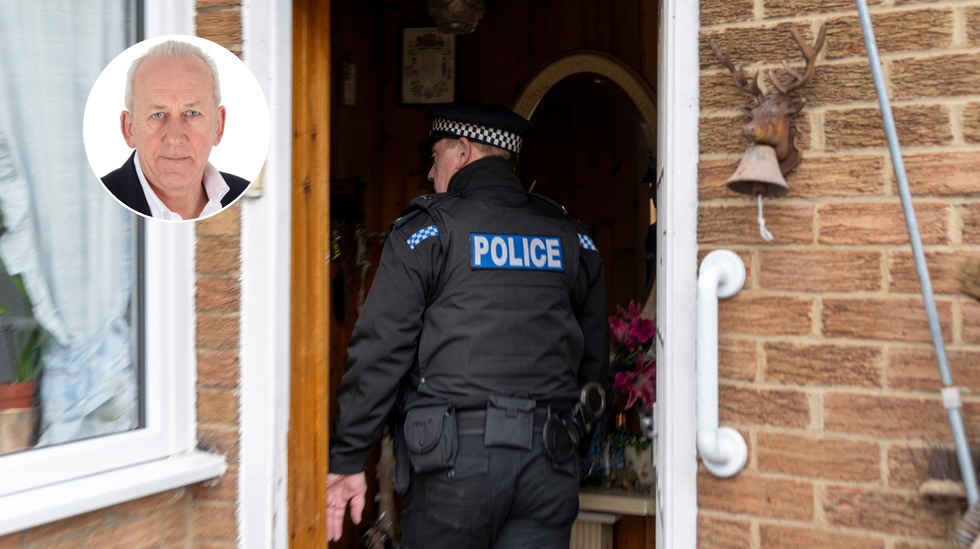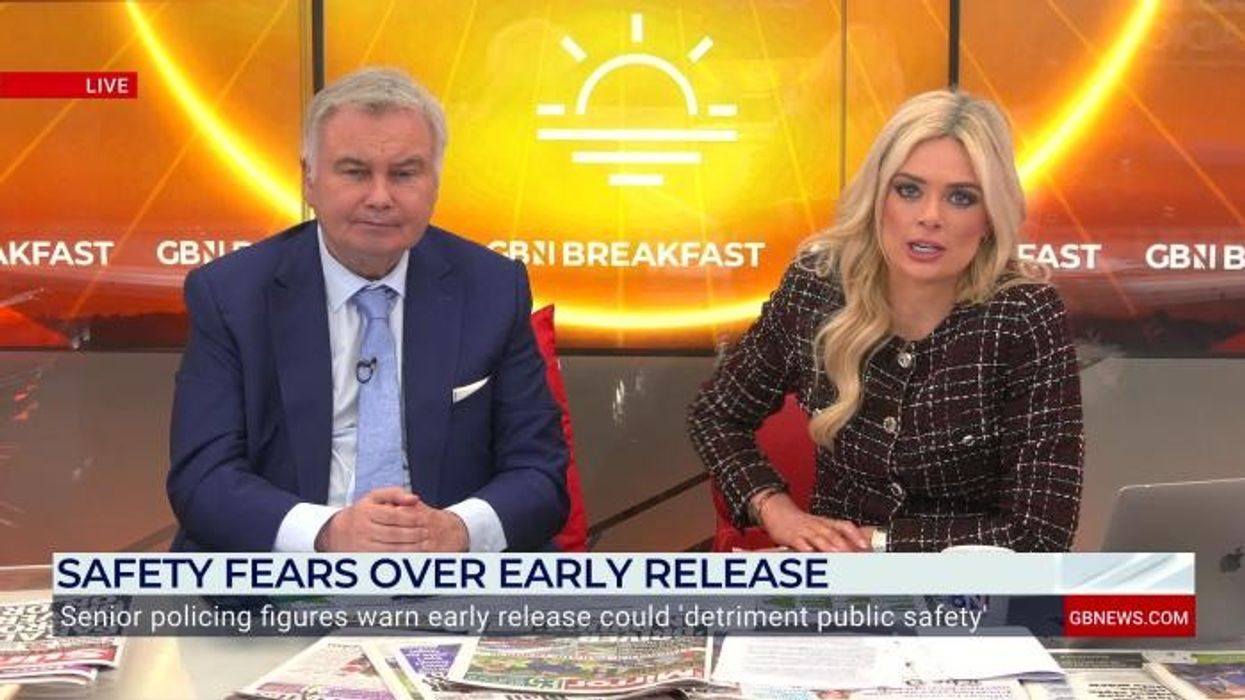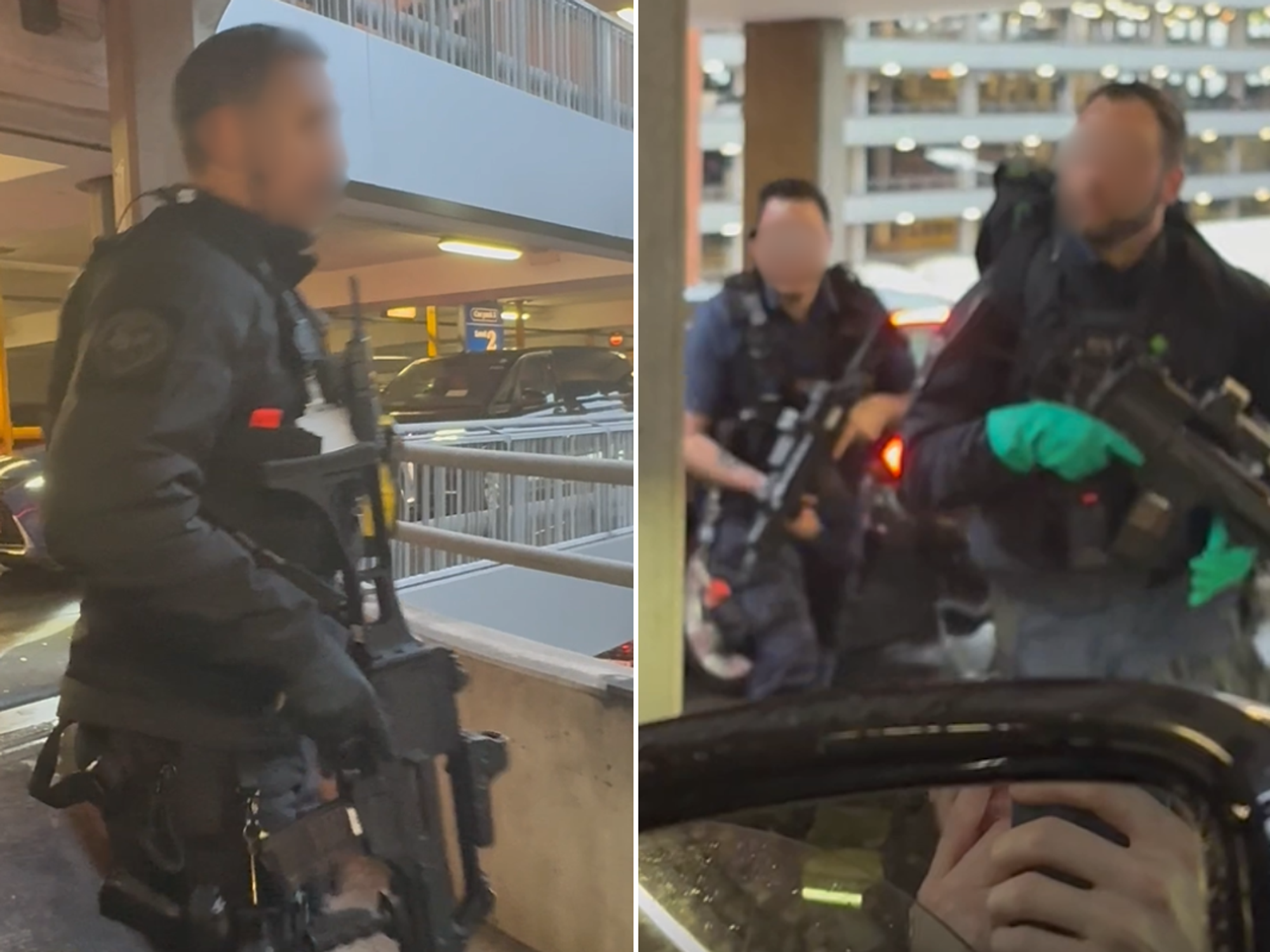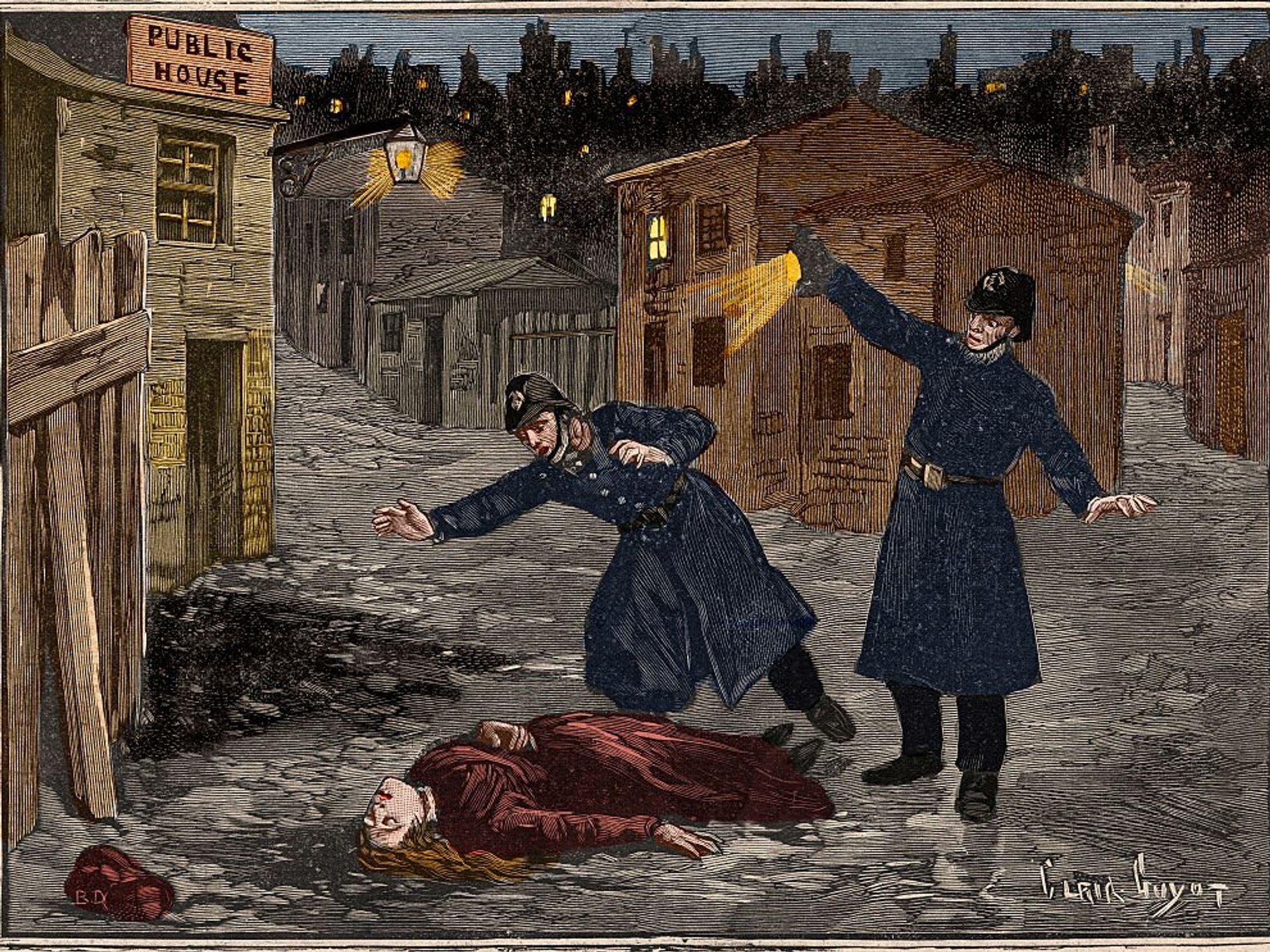In 1988, pound notes were replaced by pounds, and the tyranny of our modern police force was born - Peter Bleksley

OPINION: The Malicious Communications Act granted the police unprecedented powers - and is not fit for the digital age
Don't Miss
Most Read
Trending on GB News
Nineteen eighty-eight was quite a year. Pound notes were replaced by pound coins, pubs were allowed to remain open all day, the film ‘Die Hard’ was released, and gay rights activists stormed the BBC studios whilst the 6 O’clock news was being broadcast. The Malicious Communications Act also became law.
This legislation had become very necessary, in a bid to tackle the rise in what were called ‘Poison pen’ letters that were being sent through the post.
So serious was this issue that a law commission had been set up to investigate the rising trend, and this Act was the parliamentary response to the commission’s recommendations.
This type of criminal behaviour was largely to become known as stalking, an odious crime that sometimes escalates into the very worst of offending.
The main thrust of this new law was to create the offence of ‘sending a communication or message which was indecent or grossly offensive’ to nip stalking in the bud.
A sentence of two years’ imprisonment was deemed a suitable maximum punishment. This legislation remains in force today.
These new laws certainly weren’t designed to prosecute people who despise the Government, hold staunch views about world events, or enjoy a sense of humour that doesn’t amuse the police.

In 1988, pound notes were replaced by pounds, and the tyranny of our modern police force was born - Peter Bleksley
|Getty Images
Fast forward to 2003, the year when Tony Blair very questionably sent our brave troops to invade Iraq, and half of British households had access to the internet. Social networks were in their infancy, but people were increasingly communicating through instant messaging and email.
As per usual, Parliament was playing catch-up with emerging crimes, so in order to tackle the sending of ‘grossly offensive’ messages online, the Communications Act of 2003 came into being. Other offences of causing annoyance, inconvenience or needless anxiety via the internet were also created. Such wrongdoing carries a maximum sentence of six months inside one of our overcrowded prisons.
Worryingly, British police services are using both of these ageing laws in 2025 to arrest around thirty people a day.
I’m sure that some of the people detained very much deserve to have the handcuffs slapped on, but there is an insidious and pernicious tendency for officers to barnstorm into the homes of people who plod have decided deserve nicking because of what they have said online.
The police then search each and every corner of these people’s houses, detain them in cells for many hours, only for it to be decided some months or even years later that they have committed no crime whatsoever.
In part, this is happening because there is no legal definition of what is and what is not deemed ‘grossly offensive’. Annoyance and anxiety exist inside the heads of people who may, quite rightly, regard themselves as victims, but there again, could just be delicate flowers who find offence at the slightest thing, like a joke which is not to their taste.
It therefore, in the first instance, falls upon the boys and girls in blue to decide who, in their opinion, has been grossly offensive, or has caused sufficient annoyance or anxiety to warrant arrest and all that follows. It is clear to see that on way too many occasions they are getting this fundamentally wrong.
The vast majority of our police officers these days have spent time at university, often being lectured by those of a flaky disposition, so perhaps it is no surprise that on graduating, these officers find offence where many of us who have greater life experience would not.
Whatever the reasons, it is becoming blindingly obvious that our police cannot be trusted to decide what language we can or cannot use when we’re on our phones, laptops or other devices.
As they become increasingly authoritarian in both attitude and action, they drive themselves further away from the law-abiding public than ever before. If His Majesty’s Constabularies were ever to decide that their role in life was to protect free speech, rather than find any possible opportunity to prosecute it, then they might just start to recover their shredded reputations.
I won’t hold my breath.











